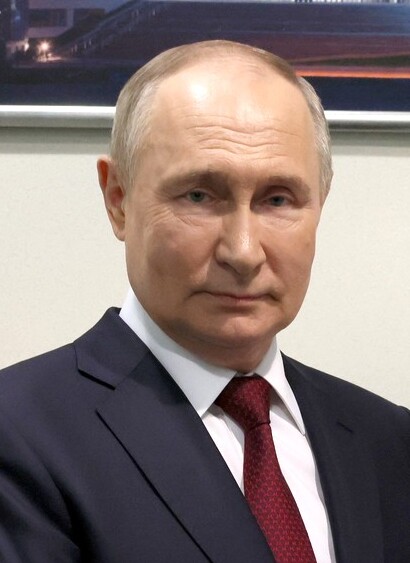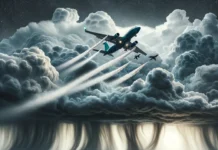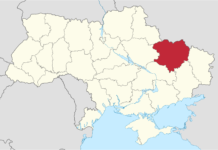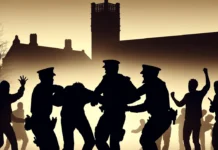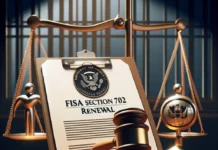Yesterday, President Vladimir Putin secured a sweeping victory in Russia’s latest presidential election, obtaining 87.3% of the vote according to the Central Election Commission. This triumph grants him an additional six years in office, further extending his tenure, which began at the turn of the century. The election, characterized by its predictability due to the lack of credible opposition and the sidelining of dissenting voices, underscores Putin’s enduring control over Russian politics.
The electoral process, which unfolded over three days, was shadowed by the ongoing conflict in Ukraine, influencing the political landscape and voter sentiment. Despite the absence of serious competitors—most of whom are either imprisoned, exiled, or barred from participating—Putin’s administration managed to project an image of unity and overwhelming public support.
Putin’s win situates him as Russia’s longest-serving leader since Soviet dictator Joseph Stalin, marking a third full decade of rule. This outcome was anticipated, given the government’s tight grip on political activities and the strategic management of opposition. The Kremlin’s selection of candidates to run against Putin was seen as a careful curation, ensuring no substantial challenge to his authority.
The election’s significance extends beyond the high turnout and voting percentages. It served as a mechanism for the Kremlin to reaffirm Putin’s leadership amidst a period of intensified confrontation with Western countries. Throughout his campaign, Putin emphasized national unity and resilience against external pressures, particularly in the context of Russia’s military actions in Ukraine.
In the wake of his victory, Putin addressed supporters and the nation, pledging to continue his agenda and dismissing any notion of dissent impacting the election’s outcome. His comments on the death of Alexey Navalny, a leading opposition figure who recently died in prison, reflected a rare acknowledgment of internal challenges. Yet, Putin maintained that Navalny’s demise had no bearing on the electoral process.
Internationally, the election has been met with skepticism. Critics argue that the conditions under which it was held do not meet the criteria for free and fair democracy. The absence of significant opposition, the control over media and political discourse, and the legal and extrajudicial measures to suppress dissent are points of contention. Western leaders and international observers have voiced concerns over the election’s legitimacy, highlighting the constrained political environment in Russia.
Domestically, the election prompted a mixture of responses. Acts of protest and defiance, though scattered and largely symbolic, indicated pockets of resistance within the populace. Navalny’s supporters, in particular, staged demonstrations to express their opposition, though these efforts faced significant limitations due to security measures and the risk of arrest.
As Putin embarks on another term, the direction in which he will lead Russia remains a subject of global attention. The continuation of his rule promises further consolidation of power and potentially deeper entrenchment of Russia’s current foreign and domestic policies. With the backdrop of the conflict in Ukraine and strained relations with the international community, Putin’s leadership will undoubtedly shape Russia’s trajectory for years to come, challenging both internal dissent and external pressures.
Image is licensed under the under the Creative Commons Attribution 4.0 License and was created by Пресс-служба Президента РФ.
